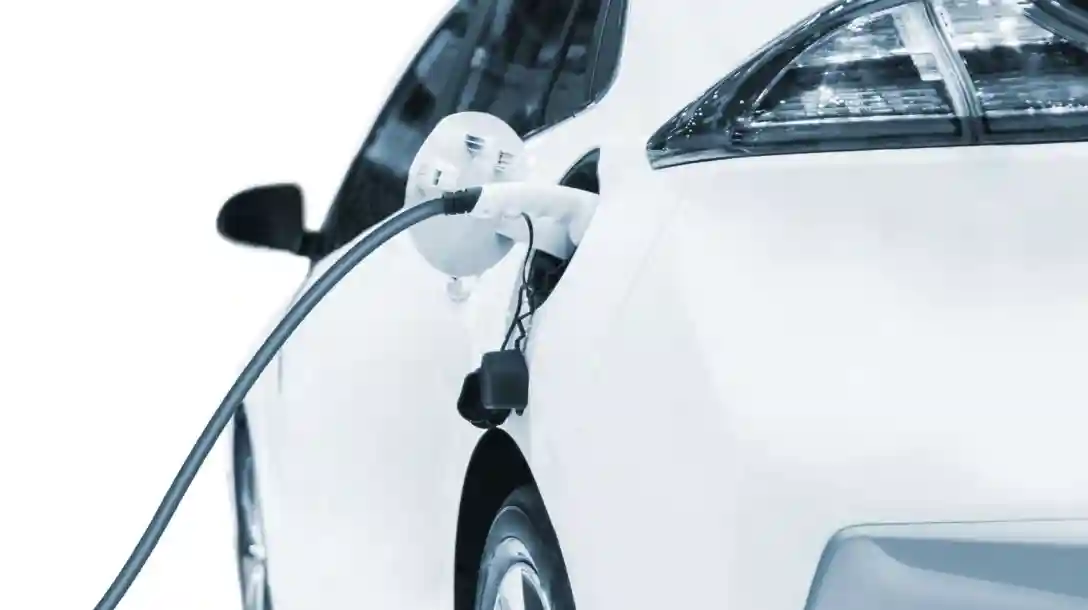
All-electric vehicles are becoming increasingly popular among Canadian drivers and for good reason. More people are becoming concerned about climate change and are looking for ways to reduce their carbon footprint. When that is combined with the ongoing improvements in performance and reliability that modern electric vehicles currently present, the prospect of ownership becomes realistic for more people.
Are You Considering Purchasing an Electric Vehicle?
There are many benefits to owning and driving an electric car along with a few drawbacks to consider.
Electric vehicles are cheaper to maintain, and the motors used to run them are much more durable than traditional cars. They are cheaper to drive than gasoline-powered vehicles at almost a quarter of the cost, and the batteries are designed to last the lifetime of the vehicle. The federal government is also offering cash incentives to help with the purchase. When you combine these benefits with clean emissions, it’s understandable why they have become so popular. But there are potential drawbacks to consider.
The big issue in Canada is the weather. Electric cars don’t like the cold. Cold weather remains a bit of an Achilles heel for electric powered vehicles in Canada and it’s something you will have to consider if you live in the great white north. But, depending on how and when you plan to use your vehicle, the benefits of an all-electric vehicle may outweigh any challenges the weather can present.
Benefits of Electric Vehicles
Once you get used to the silence, it’s easy to forget that you’re driving a modern electric car. Acceleration and handling mimic gas-powered vehicles, so performance is much less of an issue than previously. With that box checked, most people are drawn to the many benefits of owning and driving an electric vehicle.
Fully electric cars do not require oil changes, transmissions or exhaust systems, and the average EV driver can save hundreds of dollars per year on maintenance. Electric motors are much more durable than gas engines and only have one moving part, which cuts down on the potential for mechanical issues.
With electricity and gas prices where they are today, EVs are a quarter of the cost to drive compared to a gas car, and your typical EV driver saves $1,500-2,000 per year on fuel. Many jurisdictions offer peak-pricing, meaning the cost of electricity is low at night and on weekends when most of the charging takes place.
Batteries are designed to last the lifespan of the car and it is unlikely you will need to replace them. That said, batteries will degrade over time, which will influence your total driving range. In addition, batteries are warranted by the auto manufacturers for eight years.
The cost of purchasing an electric vehicle can range from a low $30,000 (before incentives) to upwards of $100,000; most fall in the $35,000-45,000 range. Electric cars come in all shapes and sizes and, with 40-plus makes and models available from different auto manufacturers, there is an electric car for every style and taste.
Tom’s guide has put together a list of the top five electric cars available in Canada:
-
-
- 2019 Hyundai Kona Electric (starting at $36,450)
- 2019 Audi e-Tron (starting at $74,800)
- 2019 BMW i8 Roadster (starting at $163,300)
- 2019 Nissan Leaf Plus (starting at $36,550)
- 2019 Hyundai Ioniq (starting at $29,500 for EV)
-
Considerations & Drawbacks of Electric Vehicles
Cold weather is the number one drawback in Canada. Winter cold affects range dramatically with a 20-25% loss of range when it’s winter, so extra attention will need to be paid when driving an electric vehicle in the Canadian winter. Range loss in inevitable and you will experience a decrease in performance when the temperature drops. Many current drivers are willing to make the sacrifice, feeling the loss is minimal compared to other features, but this is one of the main considerations when deciding if an electric vehicle is right for you.
You will also need to consider charging stations when driving at the limits of your EV’s range, which is 200km on average. Public charging stations can be found in a variety of places, and you can get various phone apps to help you find them. Public charging stations are either free to use or charge a pay-per-use fee.
Free-to-use stations do not require payment. However, some may have limitations such as only being available to customers, can only be used for a set amount of time and/or are in parking lots with associated parking fees. So, organizing a trip may take a bit of extra planning.
Another thing to consider is insurance cost. For now, it appears the main reason insurance rates for EVs, and hybrids are higher than traditional cars of a similar size and equipment level is that EVs and hybrids have higher MSRP.
Car insurance quotes for electric cars were 21% higher, on average, than quotes for the gas cars. Although electric cars require less service than their gas counterparts, it can cost more to repair them after an accident because of their expensive battery systems and the need to use specially trained mechanics when carrying out the work.
Conclusion
Electric vehicles are exciting and represent a new approach to driving, but it requires a certain amount of investigation to determine if electric is the right choice for you. It’s worth investigating the availability of charging stations around your typical driving routes and thinking about the effects of your local weather from season to season.
If you want to know how an electric vehicle can impact your insurance rate, call Easyway today.